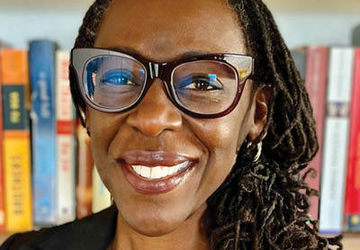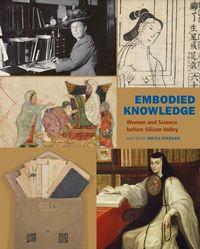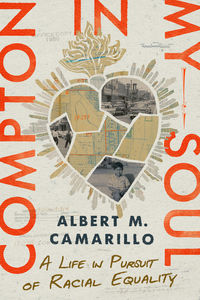Recent News
Could you tell us a bit about yourself?
I was born and raised in North Carolina, which means I like barbecue, deciduous forests, and March Madness. I enjoy reading lots of speculative fiction, and some of my favorite authors include Ursula…
The Samaná peninsula for its inhabitants has symbolized many things throughout history. One of them has been its function as a crossroads of cultures for the African diaspora, given the role it played as a refuge from slavery for black…
PUCMM receives intellectuals from other countries to exhaust research stays. In three years, the academy's Center for Caribbean Studies alone has hosted 12 researchers.
Santo Domingo, RD. The young American historian …
Professor Rachel Jean-Baptiste has joined us in July 2023 as The Michelle Mercer and Bruce Golden Family Professorship in Feminist and Gender Studies. A social and legal historian, she works on gender and sexuality in colonial West and Equatorial…
The Walter J. Gores Award is the university’s highest award for excellence in teaching. It recognizes faculty and teaching staff who have made special contributions to teaching in its broadest sense, including lecturing, tutoring, advising,…
Professor Jessica Riskin recently wrote a piece for the New York Review of Books on Professor Richard White's book, Who Killed Jane Stanford?
We can’t be sure who the…
"Sometimes Latino urban history is thought of as the history of a cultural community and that’s a little dismissive. I examine people contesting and reshaping the use of space."
Mike Amezcua and Pedro Regalado have a lot in common: they…
An interview with Hannah Johnston, Ph.D. candidate in History and 2023-24 Fulbright Fellowship Recipient
Ph.D. candidate Hannah Johnston received one of the 2023-24 Fulbright Commission Research Awards, one of the most competitive…
Aron Rodrigue was made an honorary citizen of the northern Greek city of Didymoteicho (older names Dimetoka and Demotica) on May 5, 2023, honoring his research and publications on the Sephardi Jews of the Ottoman Balkans and Asia Minor. He…
Elections still matter in Turkey, and not every strongman is strong.
Can elections remove an autocrat like Turkish President Recep Tayyip Erdogan from power? If you pose this question to Turkey watchers in Western capitals to get their…
Department Bookshelf
Browse the most recent publications from our faculty members.














